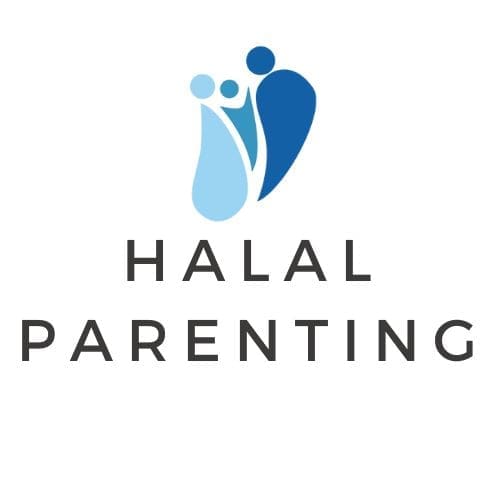Pregnant or Nursing? Your Medical Guide to Ramadan

Welcome Ya Ramadan!
It is that time of year where décor is adorning the mantles, lanterns are being laid out, meal prep is being done for easy suhoor and iftar options, and planners are being filled in preparation for one of the most blessed months of the year. For some expecting and nursing Muslimahs however, this can be a very stressful time as they are concerned whether they should even be fasting this month for the safety of themselves or their child.
In Surah Baqarah, Allah SWT decrees:
“O ye who believe! Fasting is prescribed to you as it was prescribed to those before you, that ye may learn self-restraint.” [2:183]
Immediately following this verse Allah Ta’alah gives us exemptions from fasting:
“(Fast) for a fixed number of days but if any of you is ill, or on a journey, the prescribed number (should be made up) from days later.”
General Islamic Consensus for Pregnant or Nursing Women
While there are no clear religious guidelines for women who are pregnant or nursing, the general religious consensus allows for two avenues:
1. If the mother is not affected by fasting and fasting is not too difficult for her, and she does not fear for the child, then she is obliged to fast, and it is not permissible for her not to fast
2. If the mother fears for herself or her child because of fasting, and fasting is difficult for her, then she is allowed not to fast, but she has to make up the days that she does not fast. In this situation, it is better for her not to fast, and it is not recommended for her to fast. Some of the scholars stated that if she fears for her child, it is obligatory for her not to fast and it is “Unlawful” for her to fast.
While there are not a lot of studies done to see the effects of fasting while pregnant or nursing, the few studies done showed that in Ramadan, there was no bad fetal outcome in pregnant women who were fasting versus those who were not fasting.
However, another study evaluating Muslim patients’ expectation of Ramadan fasting in pregnancy concluded that most women chose not to fast in pregnancy.
So if you are a pregnant or breastfeeding mother, how should you make the decision to fast this Ramadan?
1. Talk to your doctor about the benefits and risks of fasting
2. If you have a high-risk pregnancy, are on medication, or having a difficult time, consider making up your fasts at a later time

For pregnant Muslimahs who decide to fast
Here are some tips to keep in mind:
- Stay hydrated and eat nutritious meals during suhoor and iftar
- Avoid caffeinated drinks, fatty foods, heavily processed foods, and highly glycemic carbohydrates (refined flour or sugar, white rice, and white bread)
- Use monounsaturated oils for cooking such as olive or canola oil.
- Try eating more complex carbohydrates that release energy more slowly while fasting (barley, beans, lentils, semolina, wheat, oat, millet)
- Increase fiber-rich foods for slower digestion (bran, whole grain cereals, whole-grain bread. Etc)
- Take precaution against excessive daytime activities
For nursing Mulimahs
Here is some advice:
- Remember to stay excessively hydrated during the non-fasting hours
- Include high fiber and complex carbohydrates during suhoor or iftar for more filling meals
- Add more fruits and vegetables to your diet
- Add milk to your diet to help your supply
- Avoid caffeinated beverages
- Continue to routinely feed/pump throughout the day to maintain your supply
Learn how to navigate your way through the most common breastfeeding obstacle
Some warning signs for expecting mothers
Break your fast and rest if you experience:
- Decreased Fetal Movement
- Decreased milk supply
- Extreme Fatigue or dehydration
- Dizziness
- Nausea and vomiting
SPECIAL THANKS TO Dr. Mokerrum Malik
Contributing Author for Halal Parenting Magazine
Mokerrum Fatima Malik, MD is a practicing OB/GYN physician and a contributing author for Halal Parenting Magazine. She lives in Decatur, Illinois with her husband and three year old son. She enjoys to travel, read fiction books, and cook various cuisines.


